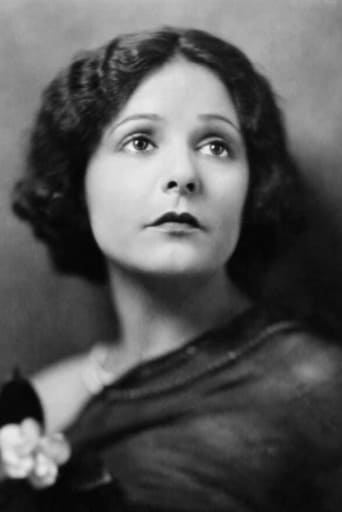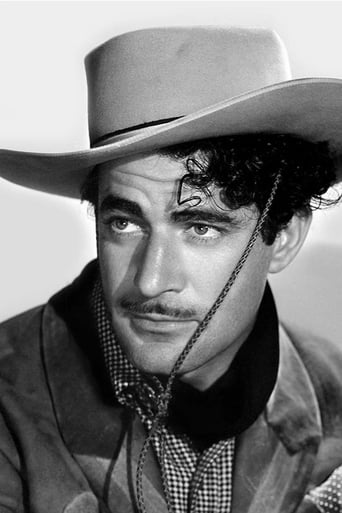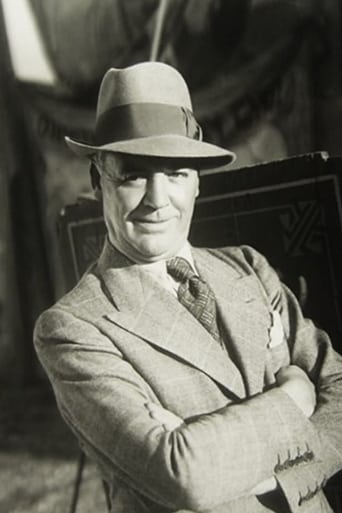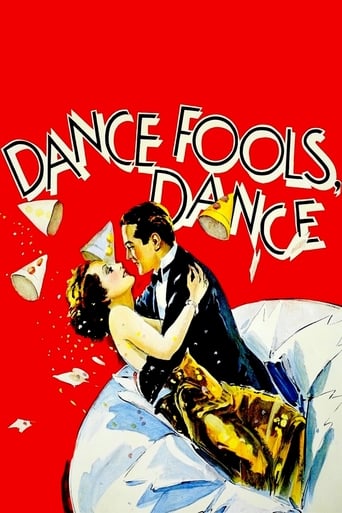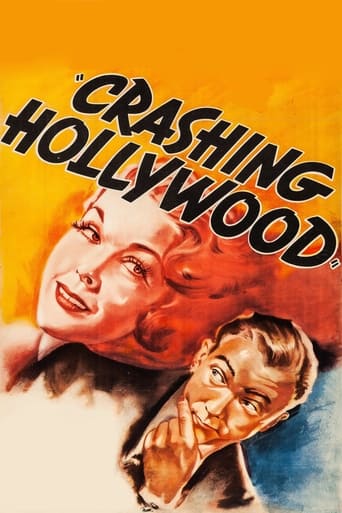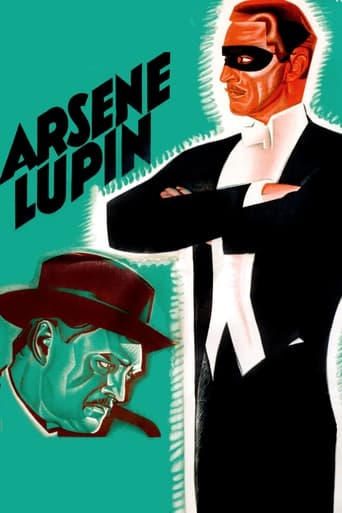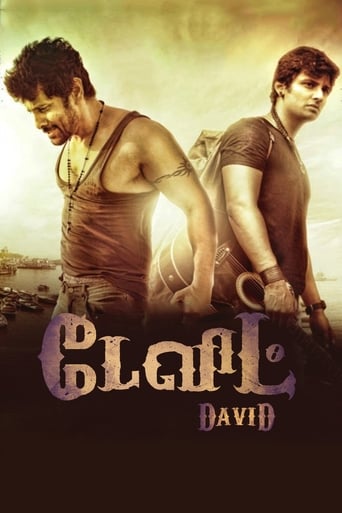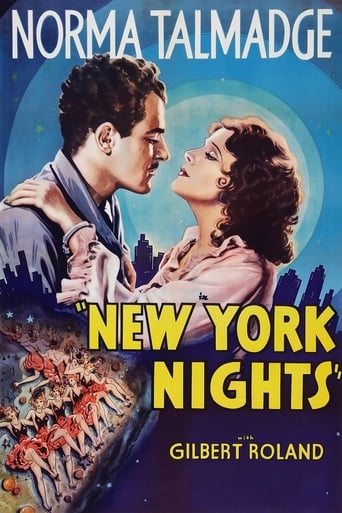
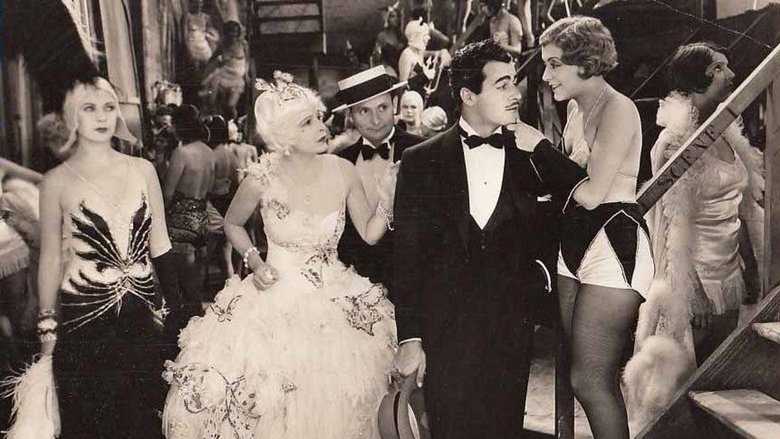
New York Nights (1929)
Show girl Jill Deverne is married to song writer Fred Deverne, and everyone is involved in the Broadway night life and endless parties. Jill is being pursued by a gangster, and she leaves her husband after he spends the night with a floozie. Jill ends up as the gangster's moll, but she soon gets tired of the lifestyle.
Watch Trailer
Cast


Similar titles
Reviews
This is one movie from 1929 that does not deserve the bad reputation it has. Norma Talmadge's voice is fine. Her performance in this remind me of Clara Bow, and director Lewis Milestone throws a costume party for the demi-mondaine that strikes me as something that human beings out for a good time with the rough crowd might go to for: free food and booze -- one at which the neighbors call the cops at 2AM instead of waiting for lightning to set the dirigible on fire a la DeMille.The story is a little flat and predictable for 1929: showgirl Talmadge throws out songwriter-husband Gilbert Roland after he turns up drunk one time too many and takes up with visiting Chicago hood John Wray, who's crazy for her, but she can't help loving the big sap of a hubby.There's lots of good stuff, from proto-noir lighting and some nice moving shots by cameraman Ray June, some fine editing by Hal Kern and good acting all around. So why the lack of interest? I think Miss Talmadge was in her mid-thirties, thought that film-making was getting too complicated, she wasn't getting any younger, and she didn't need the money. She and her sister Constance owned a big chunk of San Diego, anyway.
"New York Nights" was one of a sizable group of straight dramas whose story was set back stage to feed (in 1929) the public's ever increasing appetite for anything connected with Broadway. Norma Talmadge had built her acting reputation on "sobs and smiles" usually as the star in spectacular costume dramas so any speaking voice she had, unless it was a duchess's, would have sorely disappointed. But would people really have been let down because Norma didn't speak in a "lah de dah" accent, after all she was playing a struggling chorus girl, Jill, who along with her husband Fred (Gilbert Roland) is desperately trying to find fame on the Great White Way.Based on the play "Tin Pan Alley" that starred Claudette Colbert and at 69 performances was hardly a success, transferred to films with a story as exciting as an empty street. This is a "behind the scenes" story but without the heartache and emotion and you don't get much singing or dancing except for the dreary "A Year From Today" which is played constantly because everyone thinks it will be a big hit - of course!! There is also a medley of performers, Al "Rubberlegs" Norman and a pair of tappers at the wild party. Fred is a bit of a ne'er do well who misses Jill's birthday because he goes on a bender - and then lies about it!! Norma is given a big emotional scene where she finishes up with "I'm going out to get MY happiness" before hitting the New York night spots with racketeer Joe Prividi who acts more and more crazy as the film progresses. Jill is happy to kick up her heels but when she finds Fred in a night court picked up for vagrancy they decide to give their marriage another go - even though she is scared of what Joe will do!!Mary Doran (mis-spelt as Koran in the credits) plays the usual trouble making chorus girl initially eager to come between Jill and Fred but now just as keen to fall in with the psychotic Joe as he plots revenge. Everything happens at the end - Joe orders his goons to stop the happy couple from boarding the train but things go wrong and Fred finds himself in a showdown with Joe on a fast moving express!!I am usually quick to embrace any early talkie but I can't get keen on this one. I disagree with the reviewer who pans Gilbert Roland's performance - I mean he is playing a weak man who in the scene where he lies to Jill, there are indications that it has happened before and this is the last straw. Norma Talmadge was okay, she "grand dames" it in her big emotional scene and while again I don't agree with the reviewer who commented on Norma's looks, I think she looks her age and not like an ambitious chorus girl, hungry for success. It would have been better with Claudette in the main role, she would have brought youth and vigour to the part. One actress who would have lifted the film if she had been given more to do was Lilyan Tashman. Her witty scenes were the film's highlight.
This was silent drama star Norma Talmadge's talkie debut, and it flopped at the box office. However, for the life of me, I cannot figure out why. Legend has it that Singin in the Rain's Lena Lamont was modeled after Norma, but I have to tell you that I really couldn't detect much of a New York accent in her voice, and her speaking was perfectly fine. She also seemed to understand how to integrate speaking and acting into a cohesive whole. Gilbert Roland was a bit hammy, but if you look at his performances just a couple of years later he improved very rapidly. In fact, the worst performance here - and it's really not that bad - is John Wray as the gangster that is after Norma's character. He plays it way over the top yet he had plenty of roles in talking films for years to come.The story is pretty routine - Jill Deverne (Norma Talmadge)is married to Fred (Gilbert Roland), a struggling songwriter. Their domestic happiness is threatened by a gangster who is interested in Norma and by a chorus girl who is interested in Fred. Lilyan Tashman plays Jill's friend and does a great job with the catty lines as she stands up for Jill.The only thing I can figure about the original failure of this film is that people had a certain idea about their silent stars and, for the most part, giving them a voice just took away the magic and made them seek out new faces - Cagney, Blondell, Tracy, and Hepburn among others. Very few weathered the transition and Norma Talmadge was among the many casualties. If you're a fan of the early talkies I recommend you check this one out if you get the chance. It's a rare opportunity to see Norma Talmadge in a film since so very few of her silent films survive. That's too bad since she was one of the most popular dramatic actresses of the silent era.
Interesting film based on a Broadway play (TIN PAN ALLEY) that starred Claudette Colbert.The film is famous as one of Norma Talmadge's flop talkie attempts but it's not bad at all and is a better film than her 1930 attempt (and final film) as Madame DuBarry.Talmadge plays a show girl married to a song writer (Gilbert Roland) but everyone is involved in the Broadway night life and endless parties. Plus Talmadge is being pursued by a gangster. Talmadge leaves her husband after he spends the night with a floozie. She ends up as the gangster's moll but soon gets tired of the life.She runs into Roland (on the skids) later and tries to rekindle her relationship but as they attempt to leave wicked NYC for the country they get involved in a botched gangland murder.This film proves that Talmadge had a perfectly good voice (she even sings a little), not overly trained and unnatural as she was as DuBarry. She's also pretty good in a the part and it's fascinating to finally see this great star in a "modern" role. Roland isn't bad as the husband and has surprisingly little accent.Lilyan Tashman is Norma's pal, Roscoe Karns in the music partner, John Wray is the gangster, Mary Doran is the floozie, Jean Harlow has a bit part as a party guest, and Al Jolson makes a cameo and sings a song but it's all cut from the short version of this film that I have.Another curiosity from the transition era. Why would this film have flopped?


